How communities in Darfur are re-greening their lands for crops, forests and the future
Around the world, Practical Action is working with communities experiencing the first-hand effects of the climate crisis – and we’re there for the long haul, staying with the communities we work with to prevent repeated emergencies and to work with them long after humanitarian organisations have left.
The climate crisis presents a variety of complex threats. From the sudden disasters such as floods that wipe out crops and destroy lives and livelihoods. To the slow-moving devastation of droughts that drive people from their homes, threaten future food supplies and gradually erode the natural resources that people rely on.
As the changing climate becomes more extreme and unpredictable, it pushes millions more people into poverty every year, reversing hard won gains and costing the global economy billions.
But successful adaptation is possible. Ingenious, community-led approaches are successfully helping people live with the changing climate and tackle some of the big issues. From coffee farming and reforestation in Peru, to seed sovereignty (fair access to seeds for farmers) and future food security in Zimbabwe, Practical Action is demonstrating we can still be optimistic.
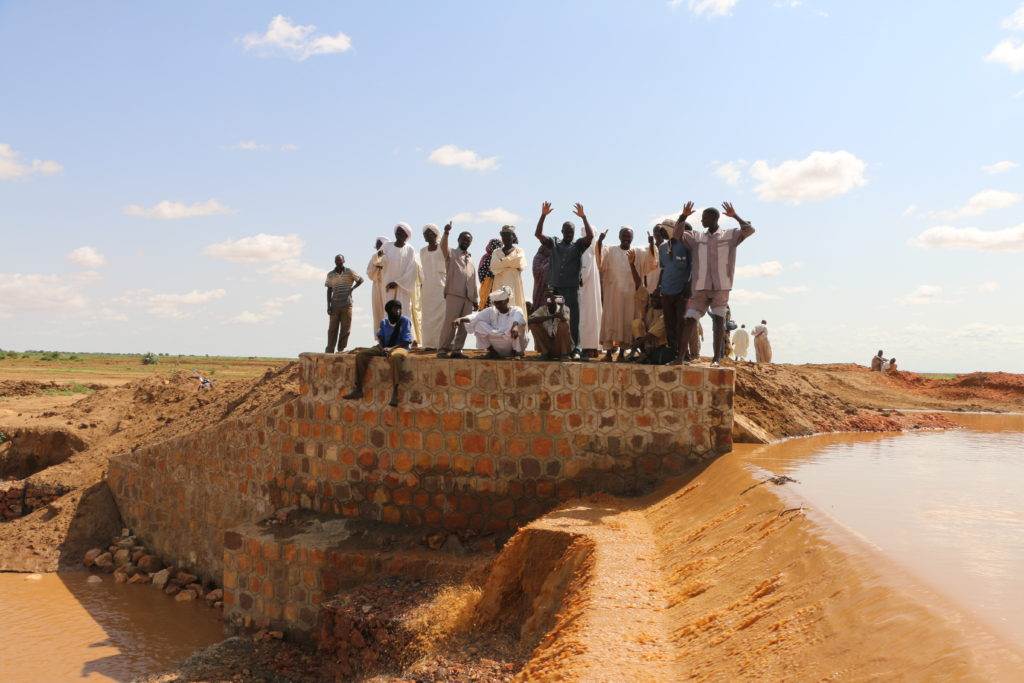
Through a series of ingenious solutions, communities in Darfur are able to look ahead and thrive, even in the face of the climate change
In this series of articles, we’ll be covering how communities around the world are rising to the challenges of climate change. Here we explore how solar-powered irrigation helps communities across Darfur, Sudan make the most of the rainy season, collect and distribute water and revive the land – leading to re-greening pastures and planning for the forests of the future.
Shifting climate creates new challenges
North Darfur lies on the edge of the Sahara, meaning it’s under a constant attack from drought and encroaching sands. Rainfall no longer falls when it used to, so crops that used to flourish now fail. This creates a tough obstacle for farming communities across North Darfur, leaving them short of food and a sustainable livelihood as they lose land to the desert.
A lack of rain has caused huge swathes of pastureland to become barren, and the region’s water-storing hafirs to dry up. Many farmers and pastoralists who have relied on pasture and the water from hafirs are no longer able to carry on with their traditional ways of life. Those that do continue, find themselves in a fierce competition for these diminishing resources which can often spill into conflict.
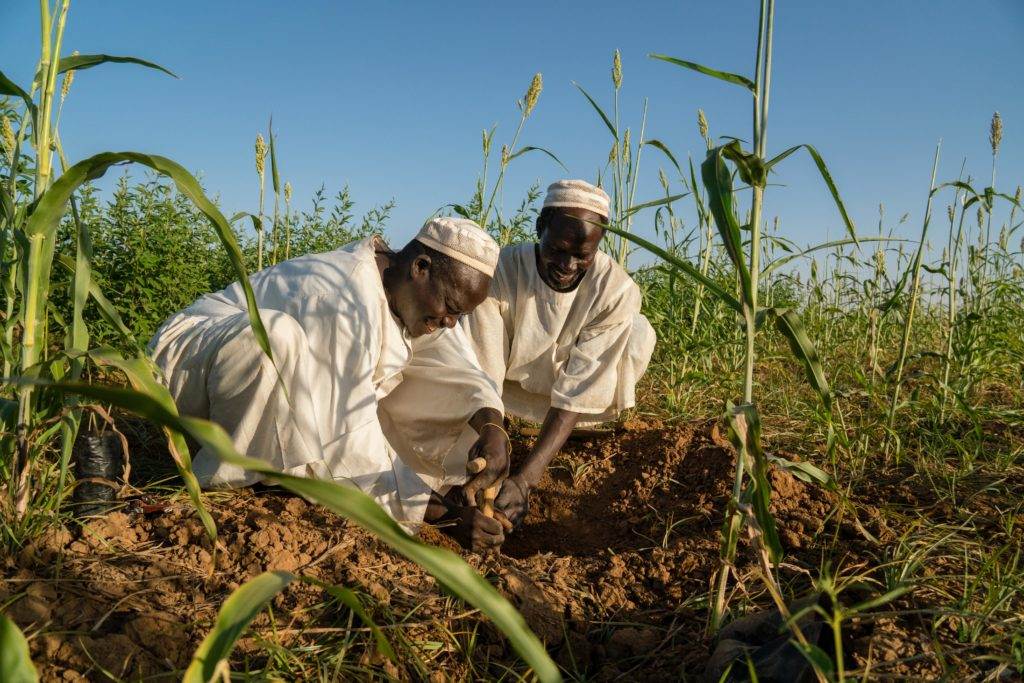
Re-greening helps barren areas of Sudan come back to life, stopping the encroaching desert
Desertification is killing Darfur. Trees, which used to hold back the creeping sands of the Sahara, are no longer there. Nearly all have been chopped down as farmers return to their villages and rebuild the homes that were razed to the ground during the civil war.
These creeping sands not only deplete fertile land but directly attack villages too. The encroaching sand does this by piling up on the wooden fences that provide the base of homes in the region, eventually pushing them over. The short-term solution to this is for the household to build another fence inside the one being attacked by mounting sand, but, inevitably, the process happens again and the family are forced to abandon their home completely.
On paper, the situation in Darfur seems dire – but the shoots of recovery are already there and determined farmers have started re-greening the desert and planning for their future.
A unique and difficult set of circumstances to overcome
Conflict, desertification, drought and flooding are a combination that any farming communities would struggle to cope with. But in Darfur these challenges are uniquely compounded by a scarcity of resources and infrastructure, growing levels of hunger, increased urban migration and the failure of traditional crops that formed the foundation of people’s diets and livelihoods. It is reigniting the huge tensions between different ethnic groups and has the potential to spiral into a human tragedy on a huge scale.
In places like Darfur, the effects of a drought manifest themselves over many months or years, often with dire consequences. Communities who could once grow their own crops become reliant on remittances from family members who have been forced to migrate elsewhere, or on handouts from the World Food Programme. The result? A devastating loss of generations of farming knowledge and skills.
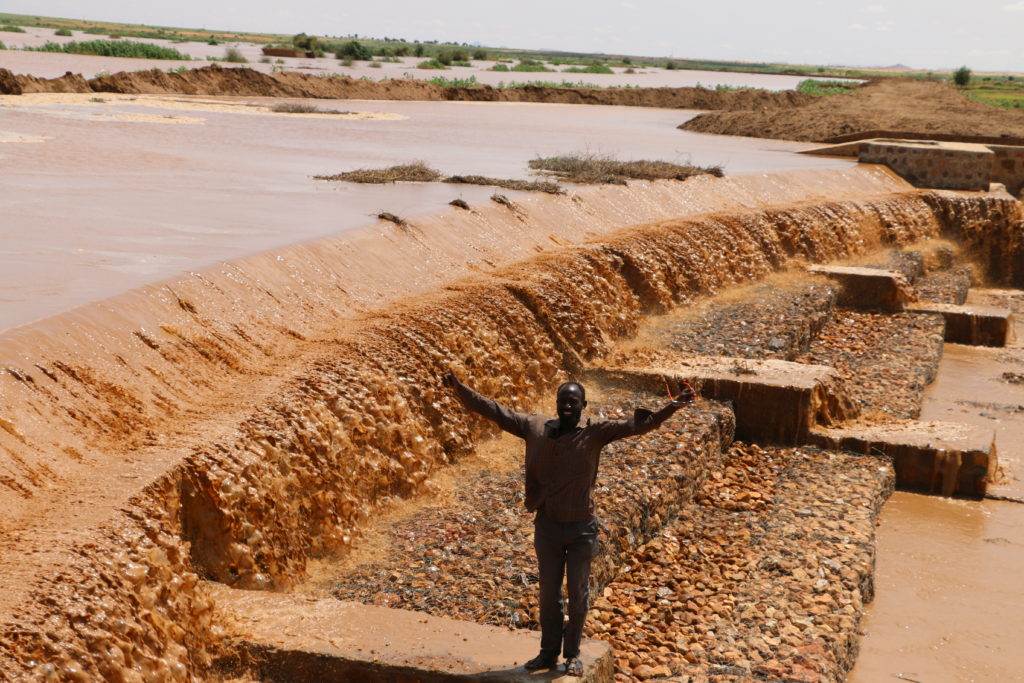
Building dams allows for water to be collected for re-foresting, crops and livestock
Due to urban migrations, communities can be left with no men of working age, meaning that women have to work gruelling 18-hour days alongside their family responsibilities.
Many farmers and other members of the community who had left the community due to conflict have since returned, finding the lands they used to tend overwhelmed by the advancing desert.
This combination of interwoven issues creates a difficult and complex situation. To solve it requires an inventive solution, built from understanding the needs, knowledge and skills of the community, alongside a sprinkling of ingenuity.
Building on our expertise to help communities thrive again
On paper, the situation in Darfur seems dire – but the shoots of recovery are already there and determined farmers have started re-greening the desert and planning for their future.
Our work in the region has developed over decades working in one of the most volatile regions in the world. We have the connections and the experience to know what works and how to deliver it along with a commitment to create lasting change.
Our climate-based adaption work involves 35,600 people from 19 villages over a three-year period, aiming to improve conditions and address some of the threats posed by climate change. Water management, forest planting, re-greening and farming and business training are all part of a solution that will help communities in Sudan thrive, even in one of the world’s toughest places to farm.
Part of this solution lies in Solar Powered Irrigation (SPI) – a proven system we’ve used elsewhere to great effect.
Forests are a key part of daily life in Sudan, and by re-greening the area, communities are able to stop deforestation, grow moisture-retaining trees that can be used to collect water and even change weather patterns if enough trees are planted!
Crops are crucial
Growing crops is essential for communities across Darfur, and access to water is the crucial first step. The people of Darfur are keenly aware of this. Lack of access to water has destroyed their communities and ways of life.
For farmers, heavy rain washes away topsoil and causes flooding so that land becomes barren, and a lack of sustained rain means traditional staple crops like sorghum and millet no longer grow.
The solution is multi-faceted and extends beyond water provision and collection. It includes business skills training, reforesting and Solar Powered Irrigation.
Building and rehabilitating damaged dams traps water for collection, stores it and allows thousands of acres of disused farmland to be rehabilitated, creating the conditions needed for essential crops to thrive.
Business skills training helps farming communities to gain better market access and sell their crops to a wider market at a better price.
Reforesting encourages farmers to grow community nurseries providing cash crops and allowing a green wall of trees to grow, stopping the spread of the Sahara and reducing the threat of hunger.
Solar Powered Irrigation provides a further supply of water to the communities that need it, and is a recent addition to our work in Sudan.
Forests for the future
As water becomes readily available, the opportunity to re-green Darfur’s forests against the advancing desert becomes a reality. To start bringing life and lushness back to the land, grasslands and rangelands for fodder crops are re-seeded and planted. Community forests are planted, and nurseries are established to distribute seedlings to continue the process.
Forests are a key part of daily life in Sudan, and by re-greening the area, communities are able to stop deforestation, grow moisture-retaining trees that can be used to collect water and even change weather patterns if enough trees are planted!
Steadily creating a regular supply of water allows farming communities the peace of mind needed to plan ahead.
Innovative engineering
Solar Powered Irrigation (SPI) bolsters water provision and enables farmers to accomplish the seemingly impossible task of pushing water up steep, tough terrain. A solar powered system lifts water from lakes and rivers, then transports it uphill to reach rural communities, where it feeds the collected water into multi-use water systems.
These systems then provide clean water for irrigating crops – creating a transformative supply of reliable water.
Solar Powered Irrigation utilises the power of the sun and innovative engineering to catch and store water from rainfall and Darfur’s other water supplies and distribute it in a cost-effective, eco-friendly fashion that is a huge benefit to farming communities.
In order to collect the water that farming communities need, solar powered water pumps are installed across rivers and pump water from the river beds. They’re then able to lift and carry water from these sources to serve the community.
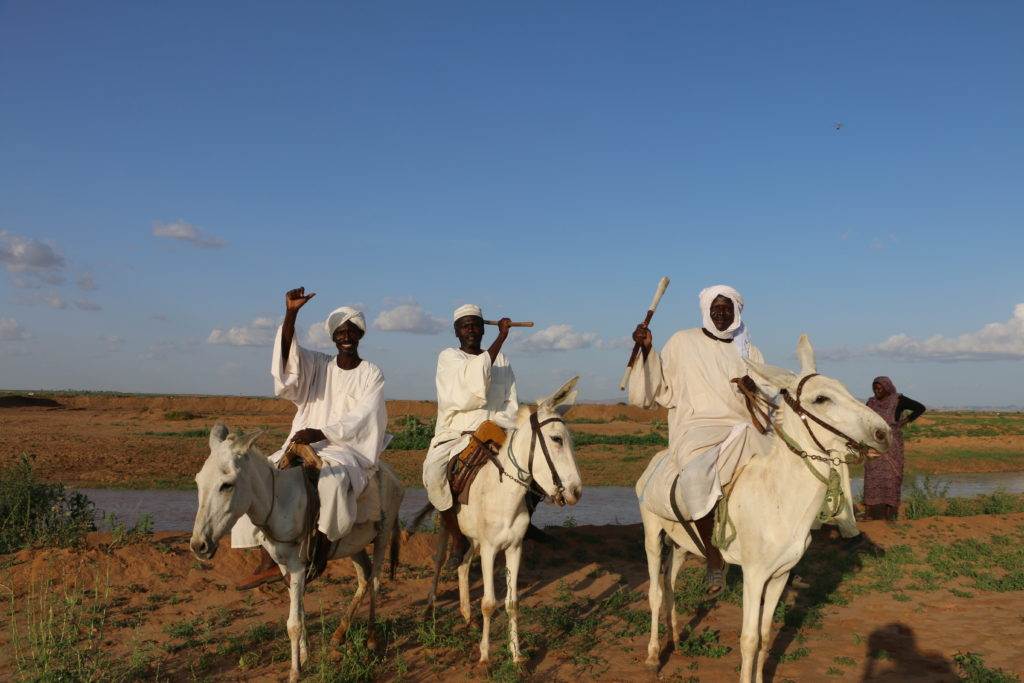
A local and reliable supply of water means that livestock can be properly cared for
It also helps that these solar powered water pumps are reliable, easy to maintain, can be operated with basic training and demand little labour.
To get the power needed to transport water from rivers to water supplies, these pumps are equipped with solar cells. These cells absorb solar energy, then convert the solar energy into electrical energy using a generator. This generator then feeds an electric motor – and this motor drives the pump, starts lifting water and brings it to communities.
Steadily creating a regular supply of water allows farming communities the peace of mind needed to plan ahead, in the knowledge that they will be able to enjoy an effective harvest, even with the challenges of climate change.
Accessible water – for everyone
To further bolster the water collection, large dams and hafirs (local reservoirs) are constructed so that when heavy rains come, the water can be stored and previously barren land can be rehabilitated.
By having a reliable and safe source of water, farming communities can enjoy bigger harvests that produce enough to feed their families, with enough crops to spare for selling at a profit at the market, even in the face of Darfur’s harsh climate.
Solar Powered Irrigation holds huge benefits for farmers and the community at large. Not only does it remove the drudgery of collecting water for crops, it means they can grow a variety of crops, allowing for a more balanced diet.
For pastoral communities tending to livestock, a reliable water supply means that there is less demand at water-points and reduces conflict.
Skills to support the system
No matter the technology you use, a new system is only as good as the support and training you can offer alongside it. With this in mind, we worked closely with farming communities in Darfur to develop their business skills. With improved market understanding and access, farmers get a better price for their crops and labour. With better understanding of which crops will sell well, future harvests become more profitable.
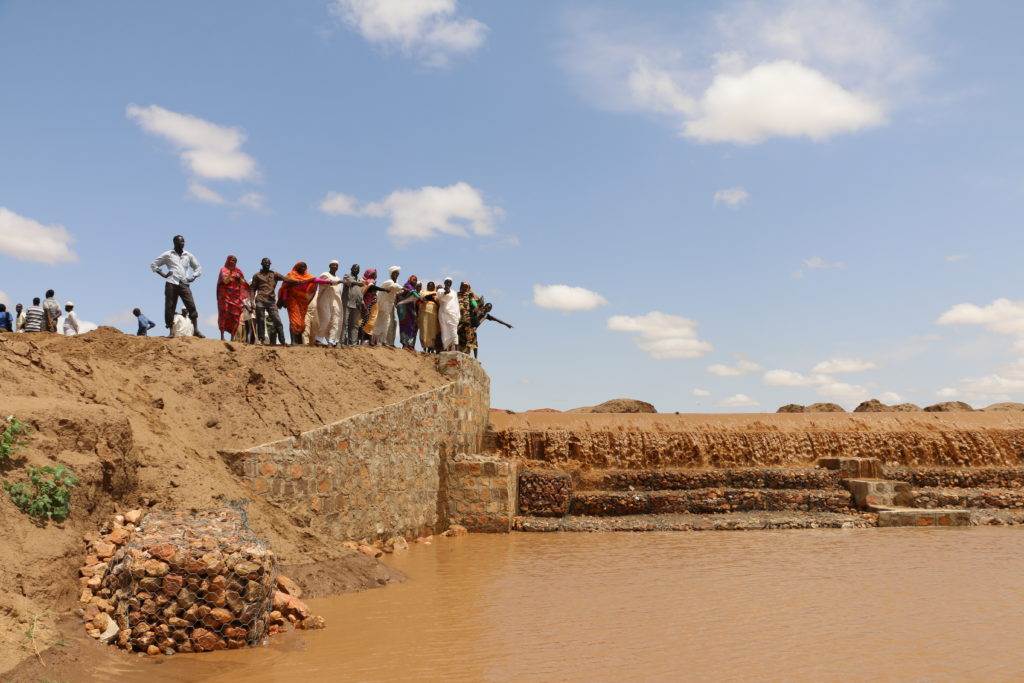
A reliable water supply is transformative for farming communities
But that isn’t all. Our staff work with farmers to help them select new seed and crop varieties which withstand the changing conditions and strengthen their agroecological approaches, so their land remains fertile and delivers reliable harvests.
As the project continues, we’re planning to train farmers in irrigation and water management, ensuring communities are able to effectively distribute the clean water they need from the dams and from the Solar Powered Irrigation systems.
Hafiz’ story: Before and after
Hafiz never wanted to leave the beautiful village he grew up in, but after spending much of his life as a refugee following the civil war in Darfur, he didn’t have the knowledge or tools he needed to grow enough food to feed his family or sell his crops – and climate change meant that the usually predictable rainfall was now erratic. Instead, Hafiz was forced to move from
Darfur to Khartoum to sell bric a brac on the streets, sending what little he earned back to his family.
To make matters worse, as people chopped down trees to build their homes following the civil war, the resulting lack of tree cover meant desert sands were being blown onto his lands, and new pests were killing his plants. Hafiz and his friends spoke of nothing other than how to move and find a better life.
Still, Hafiz was able to find hope. And after working with farmers like Hafiz on diversification, planning and crop rotation, supported by the water provided by water collection and solar irrigation, Hafiz and his community are now able to get better prices at market and keep their soil more fertile, resulting in reliable yields. We have also helped Hafiz and his community manage their water supply, identifying water flow in the desert and rebuilding dams which run across the landscape so that water no longer runs off, but turns the desert into lush green fields instead!
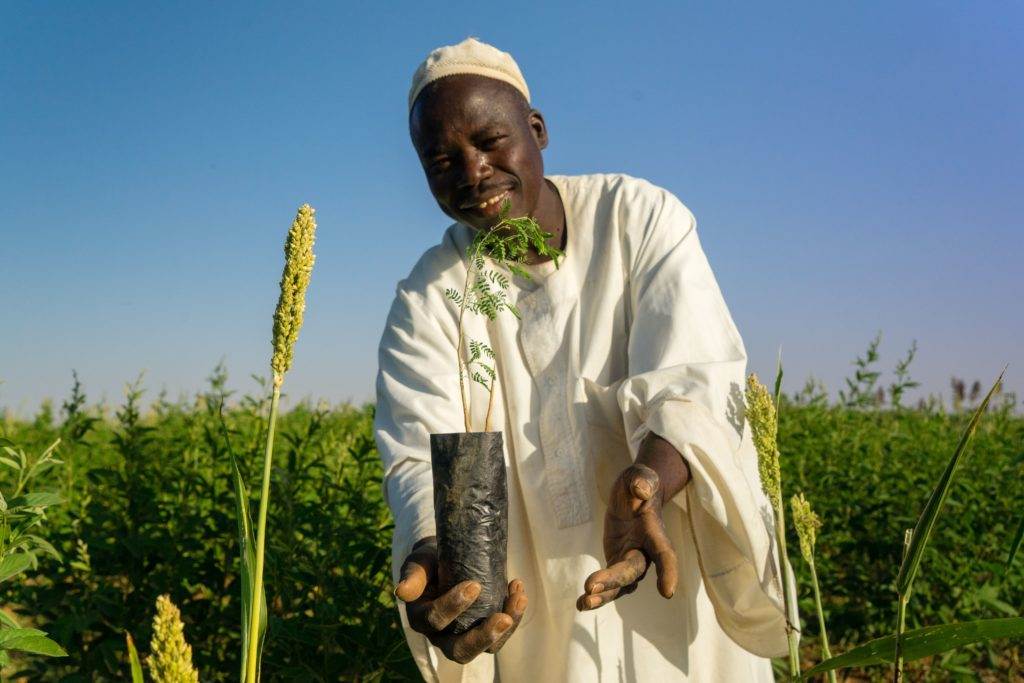
Hafiz is now able to return home and look to the future with hope
Growing a sense of hope
As a result of our collaborative work, we’re seeing some changes start to take shape in Darfur:
- Households from 34 village councils tripled their production of sorghum and millet
- Over 4,500 farmers gained access to more land for cultivation by re-greening the desert
- A community run seedling nursery produced 17,000 forest trees and 1,000 fruit seedlings
- Our work between 2013 and 2016 with farmers like Suliman won the United Nations Convention to Combat Desertification’s ‘Land for Life’ Award in recognition of the project
- The approach has been showcased as best practice at UN conventions and is being replicated by other development organisations.
Now farming communities in Darfur are starting to think of the future and build resilient livelihoods to meet the challenges of climate change and survive future shocks.
These results are exactly what our work at Practical Action is all about – developing a proven ingenious approach pioneered by our expert staff in collaboration with communities, beginning on a small scale, gradually scaling up until we are at a point where we ask others to take the work on to bring big change for many millions more people.
This approach offers multiple benefits and plays a vital role in achieving the Sustainable Development Goals:
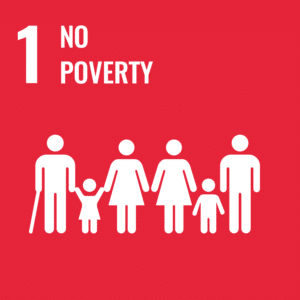
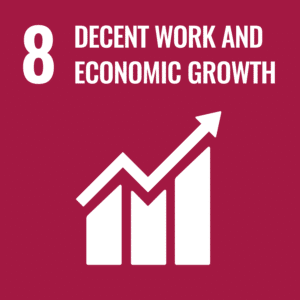
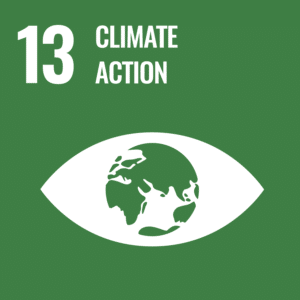
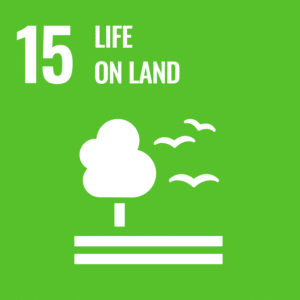
Discover more about other pioneering climate-based adaptations, our work and how you can get involved with Practical Action.